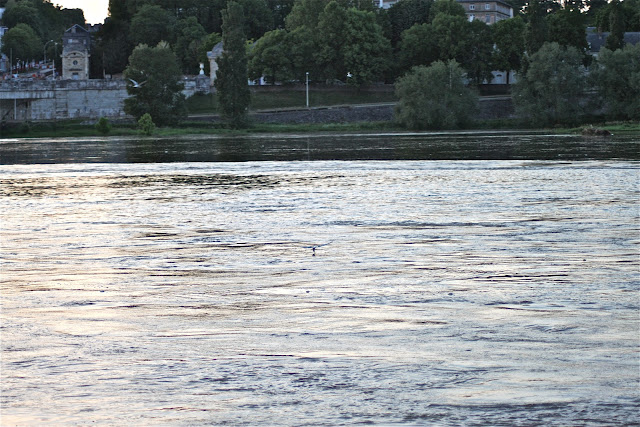"Je partis ainsi de toutes les langues,
je répétai les au revoir comme une vieille porte
je changeai de cinéma, de raison, de tombe,
je partis de partout pour autre part,
je fus ce que j'étais jusqu'à présent :
à demi dématé dans l'allégresse,
nuptial dans la tristesse,
ne sachant jamais ni comment ni quand
j'étais prêt au retour, mais on ne revient pas.
On sait que celui qui revient n'est pas parti :
ainsi toute ma vie je suis allé, venu,
changeants de vêtements et de planète,
m'habituant à la compagnie
et à la multitude de l'exil
sous la solitude des cloches."
Adieux (extrait), in Mémorial de l'Ile Noire, Pablo Neruda (1970 pour la traduction française, 1964 pour l'édition originale)










